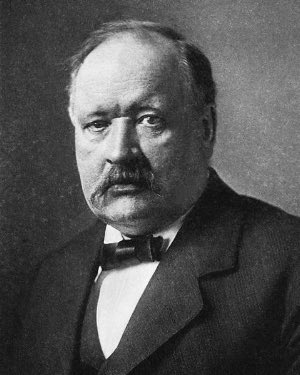
One of the hardest things about writing a book on the history of the climate crisis was reading people in the 1960s & 1970s warn, in a loose, far-off way, of “sometime after the year 2000” and how, if CO2 emissions weren’t tackled, it’d get dangerously warm.
They tended to express these warnings without urgency, (understandably, but still frustratingly) noting more immediate problems. They wanted to stress we had time still, and it wasn’t too late, which was fair, but the thing is, it also left that time open to to be stolen.
Nature editor John Maddox accused climate activists of worrying about something so amorphous as CO2 to avoid challenging in justices of the hear and now, being bourgeois and out of touch. To some extent he was right, but he was also massively, tragically wrong.
I keep thinking about those pieces in the 60s and 70s, about how not long after that totemic “year 2000”, there was a massive, deadly heatwave in Europe, and how by that point small island states had been saying we’ve been fighting this for decades.
And most painfully of all, that we’re now another two decades in, and still our climate politics is where it needed to be in the 70s.
• • •
Missing some Tweet in this thread? You can try to
force a refresh




